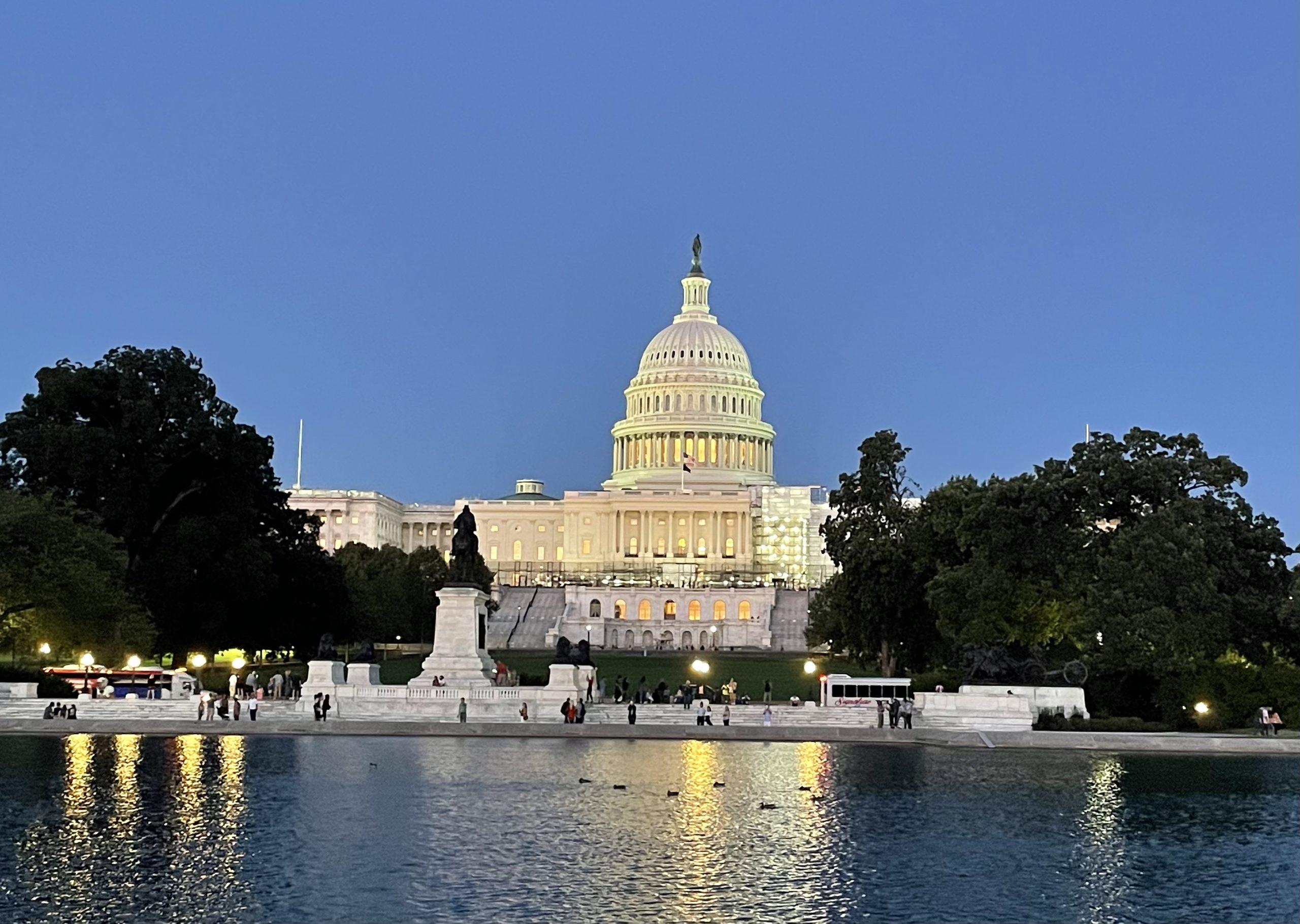Anders Wivel, Professor, Department of Political Science, University of Copenhagen
A US presidential election is always important to the Nordic countries. Sweden, Denmark, Norway, Finland and Iceland all cooperate closely with the United States and view the United States as the most important international actor for upholding a rule-based and liberal international order.
There are three reasons why the domestic and foreign policies of United States are important to the Nordic countries.
First, all Nordic countries consider the United States as their most important security shelter. US willingness to continue to contribute to and co-finance the European security order is deemed necessary for Nordic security and the Nordics remain reluctant to rely on the big EU member states for their security – even in the long-term.
Second, the Nordic countries support a globalized international political economy based on the principles of free trade. They are liberal-egalitarian societies, but they are not against a market economy. The market must be cultivated and regulated (to avoid the abuse of human beings and resources), but it is seen as necessary for the continuing functioning and development of the welfare state – in particular, for small states with small markets such as the Nordic countries. Thus, US promotion of a globalized and liberal international economic order during and after the Cold War has been important for Nordic prosperity and welfare.
Third, in the first decades after the end of the Cold War, the Nordic countries and the United States have shared a set of liberal values – on democracy and human rights – and the willingness to promote those values internationally. Thus, US power has been instrumental for Nordic influence.
These three reasons for why the US presidential election is important to the Nordic countries are also reasons why Nordic leaders and electorates would rather see Kamala Harris than Donald Trump win the November 5 US Presidential election. Most observers and decision-makers in the Nordic countries view Harris as more likely to continue to work with Europeans on maintaining a democratic and institutionalized European and international security order meeting the challenges from Russia and China. Harris is also viewed as less hostile to free trade (although more skeptical than post-Cold War US Presidents Bush, Clinton, Bush and Obama) and as less likely to start trade wars with long-time friends of the US. Harris’ support of liberal democratic values at home and abroad is viewed as solid and continuous. Donald Trump on the other hand, is viewed as more flexible and opportunistic, when it comes the values of liberal democracy – in particular, since his repeated arguments that the 2020 US presidential election was stolen from him and the January 6, 2021, attack on the US Congress.
This also points to a fourth reason why the Nordic countries tend to favour Harris over Trump: Predictability. As small states with limited diplomatic resources and military capabilities, the Nordic countries favour a predictable international environment. They view Trump’s businessman approach to foreign policy as potentially disruptive and harmful – or at least less beneficial – for small and loyal allies and partners like themselves.
The differences between the two candidates should not be exaggerated. A long-term transformation in the international balance of power is turning US attention away from Europe and towards the Indo-Pacific. Inverse consequences of post-Cold war globalization and demographic changes in US domestic society underpins this development and amplifies the US electorate’s skepticism towards free trade and US international engagement.
No matter who wins the 2024 US presidential election, the Nordic countries will remain dependent on the United States for their security, prosperity and international influence. They will make sure to congratulate the new president and hope for a presidential visit to their country and an invitation to Washington. Quietly, Nordic leaders will hope for Harris to win, but no matter the result they will make sure to stress their role as close friends of the American superpower.
Roundtable “From Washington to the World: Regional Perspectives on the U.S. Elections and the Future of Global Affairs”, 9 October 2024, University of Macedonia, Thessaloniki
Watch the full Roundtable here.


